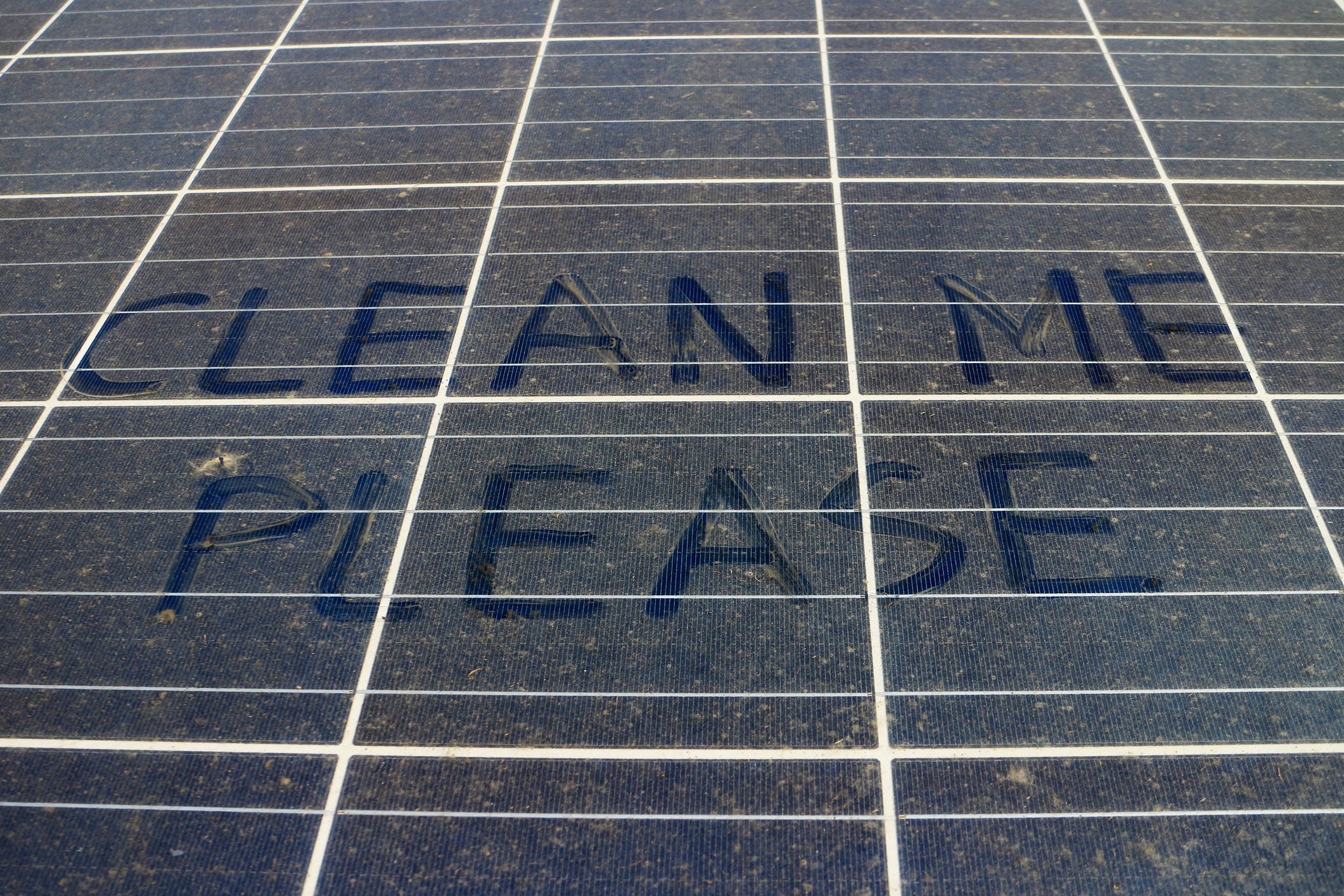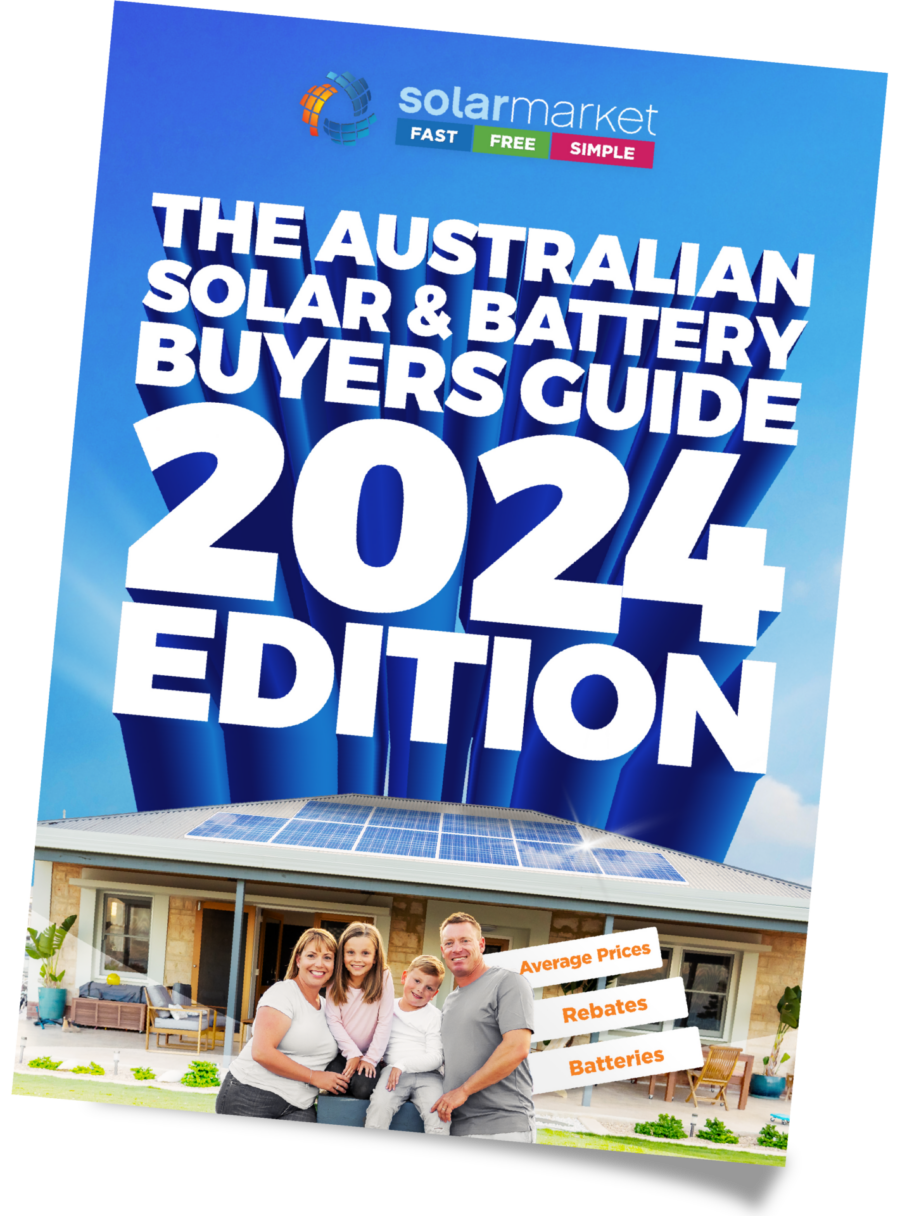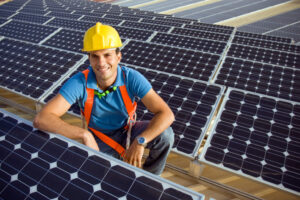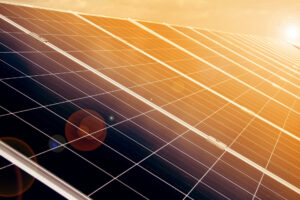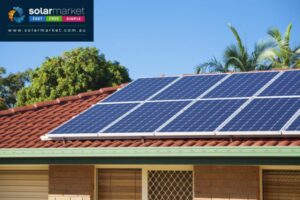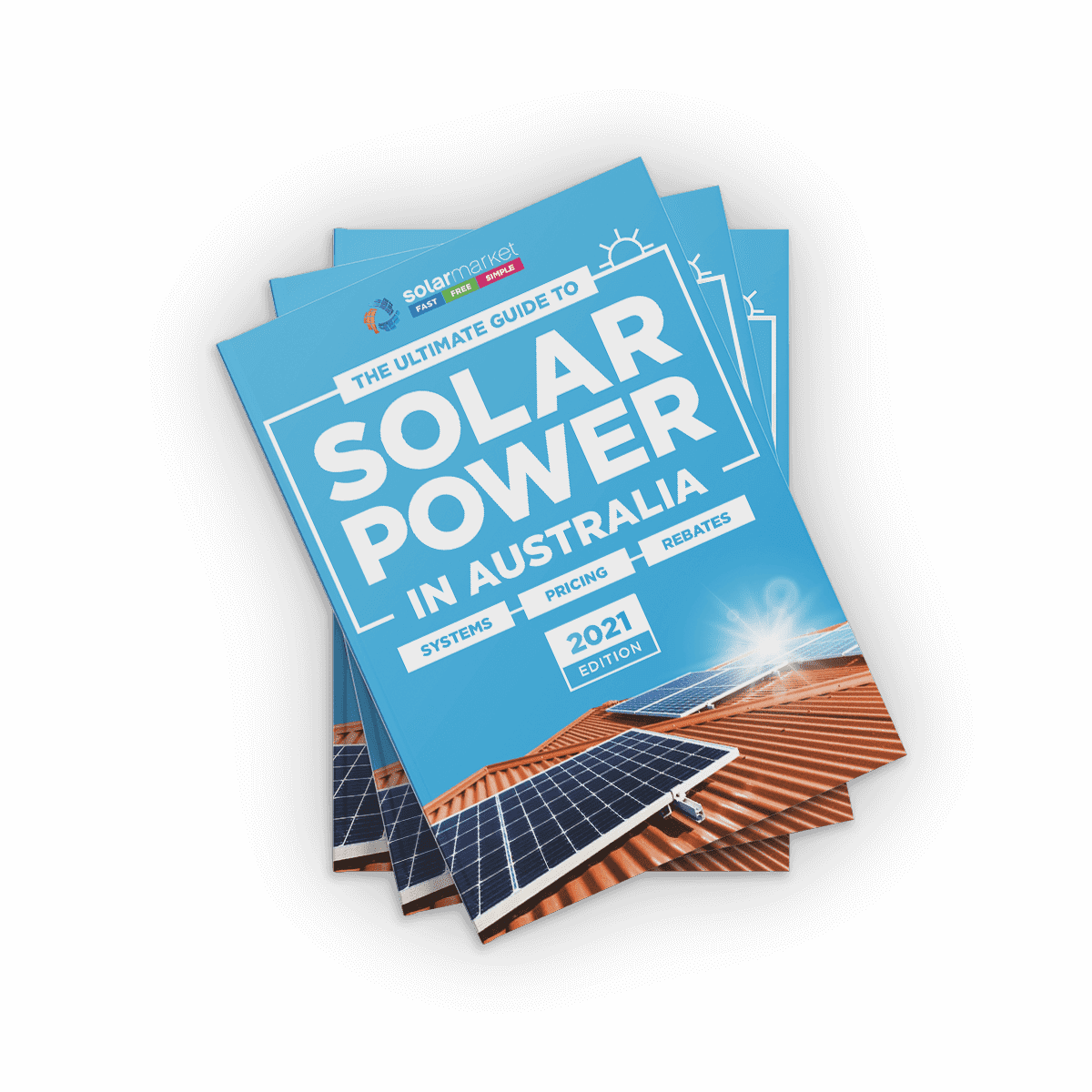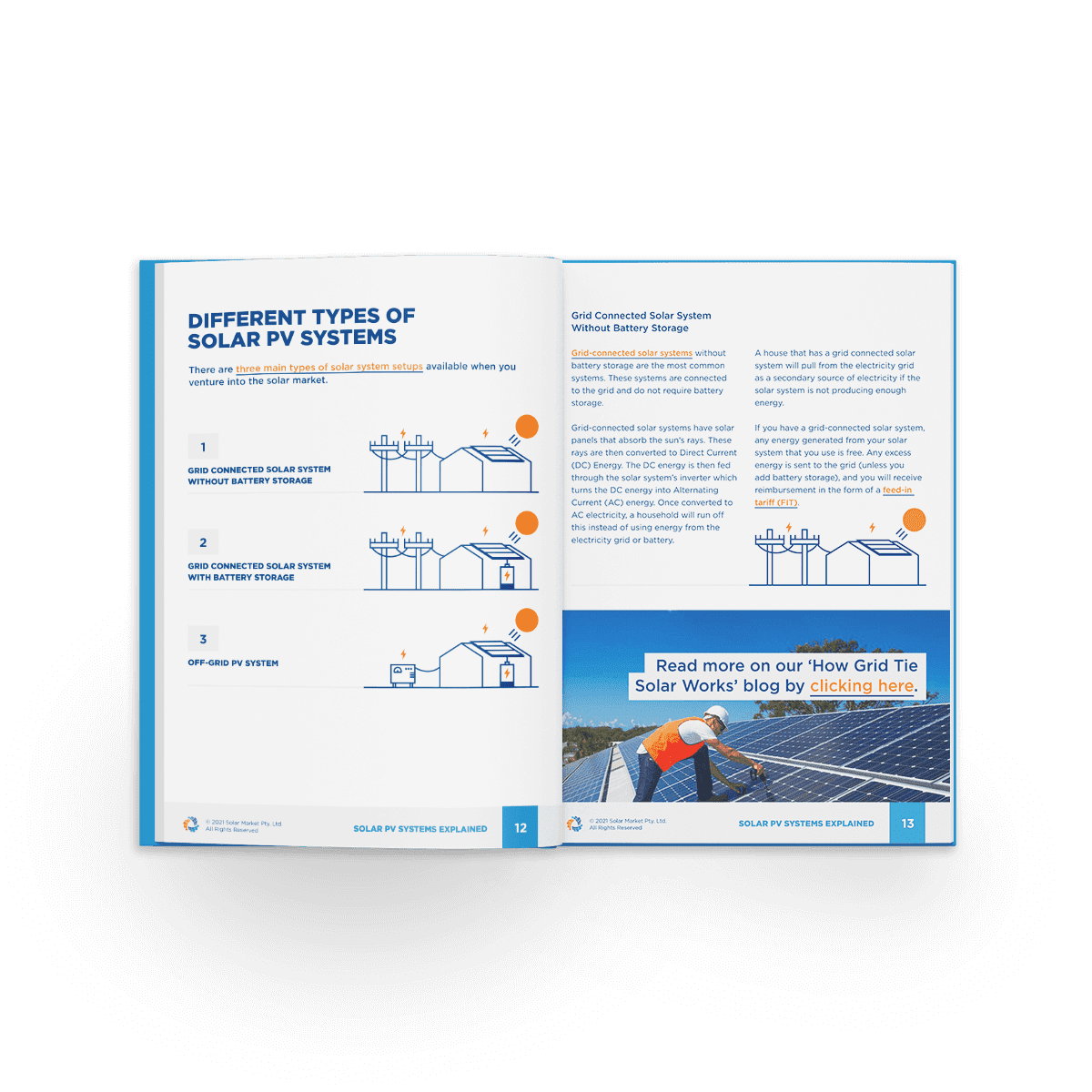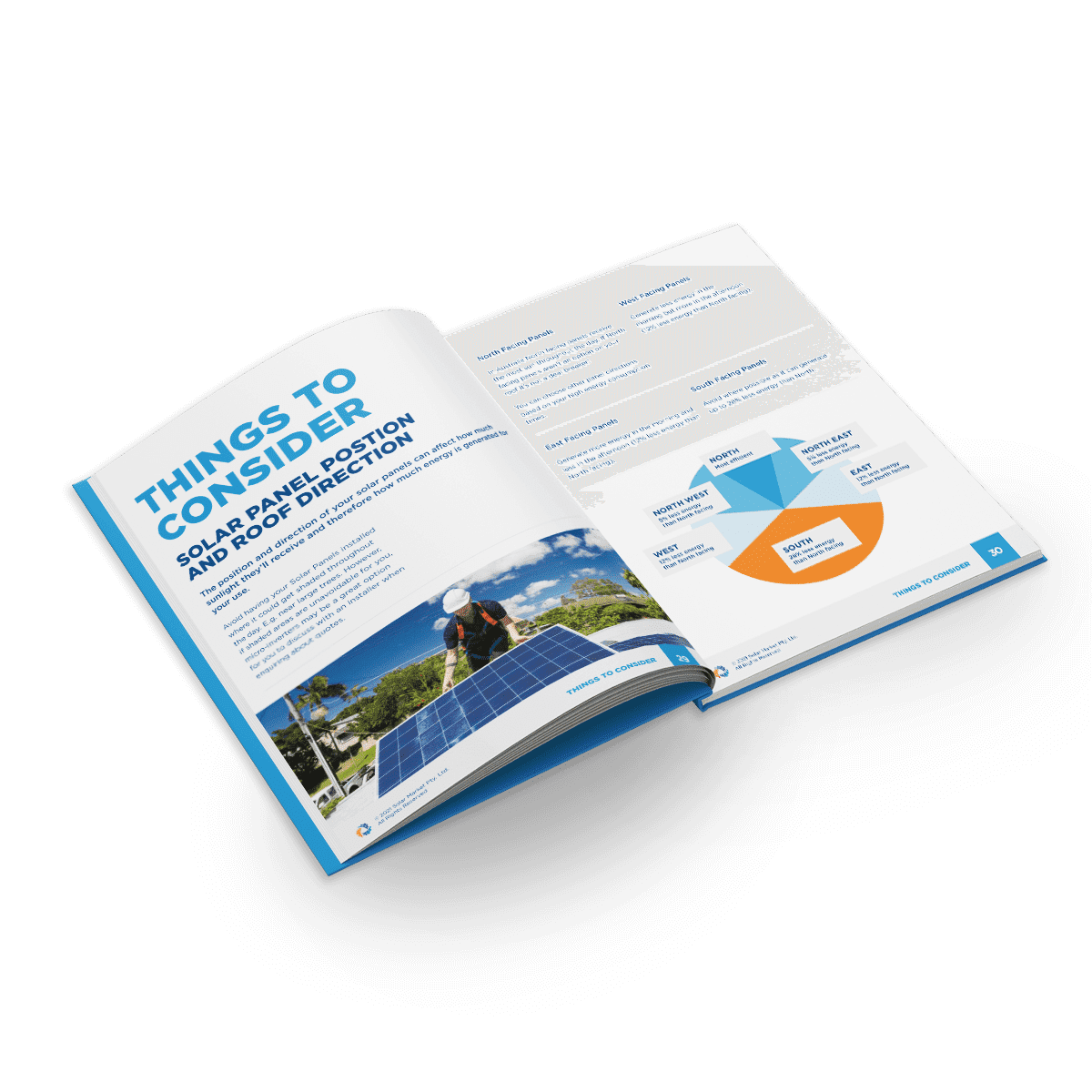When looking to install a solar system many people have expectations of the possible energy production and savings based on peers’ word of mouth or online reviews. While checking reviews and speaking to people who have installed is one of the best ways to get a realistic view on how installing a system can reduce your bills, it’s important to understand that despite installing the same size, model and brand as another solar home, there are many factors that can affect a solar systems production making your savings different from another’s.
Dust and Dirt Build Up
Build up of dust and dirt will limit the amount of sunlight a solar panel can receive and therefore decrease its performance. Keeping up with regular checks to assess your solar panels cleanliness can go a long way in keeping them at optimal performance. Get more information on cleaning and maintenance for your panels and system here.
Location
In Australia we are blessed with an abundance of sunny days, although some locations receive more sunlight than others. Perth for example averages on 3,200 hours of sunshine annually where as Melbourne averages on 2,200 hours. The more sunlight hours there are in the location you live in, the more energy your system will be able to generate.
Temperature
An interesting point which most people don’t realise is that solar systems don’t like too much heat and will produce around 20% less energy than their peak on a 40-degree day. For most solar panels 25 degrees is the optimal temperature for performance, so on a hot day you may find that your solar system performs better at 11am than at 1pm, even though it may be receiving the same amount of sunlight in each case.
Seasons
Solar systems will always produce more energy in summer than in winter and this is due to the sun being higher in the sky and the days being longer.
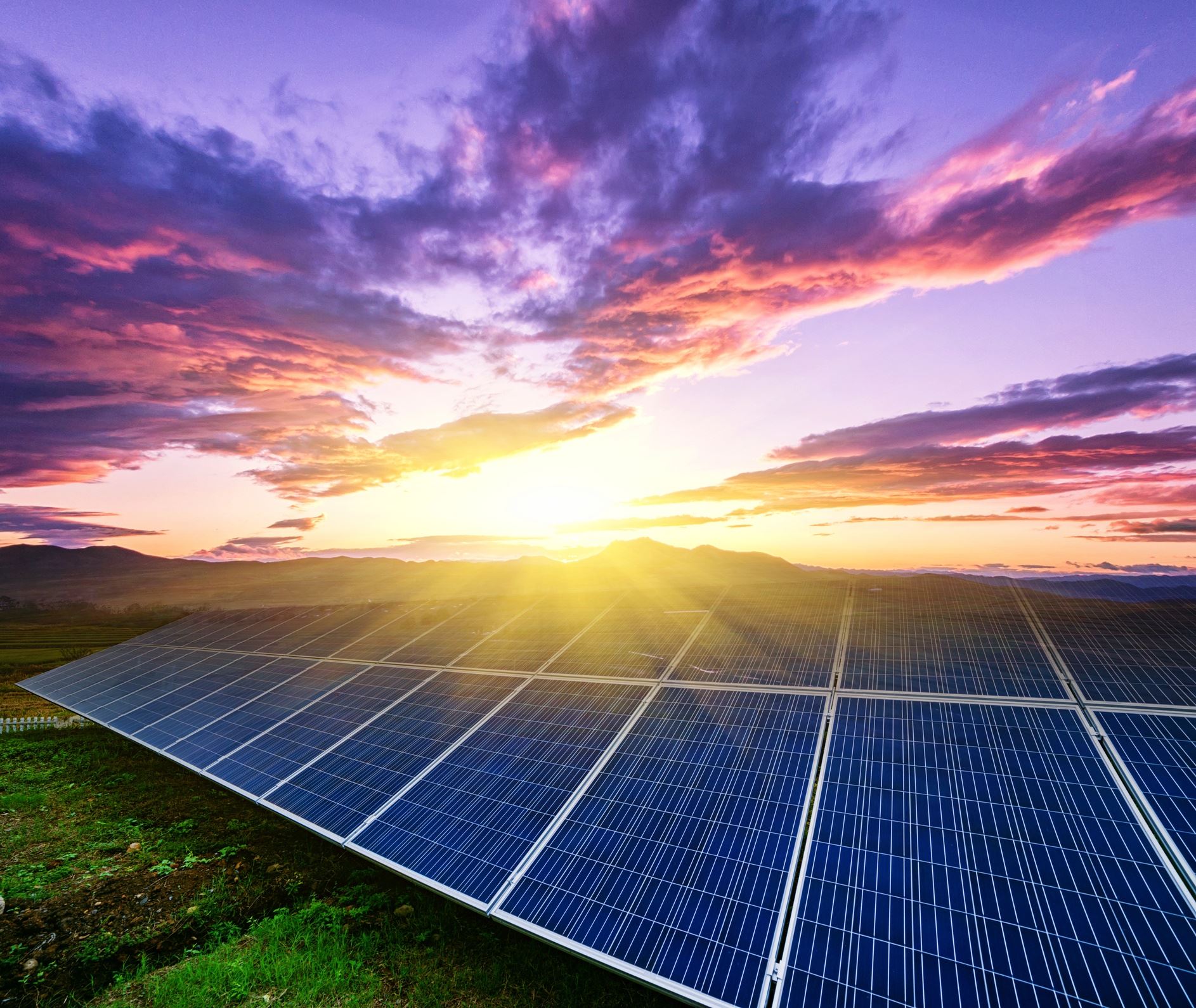
Clouds
Cloud cover is an obvious one but worth mentioning. If cloud passes over your system, it will have less sunlight reaching it meaning less production. Again, this might come down to your location and whether cloudy days are frequent.
Shading
When installing a solar system, it should be designed to avoid shading. Shading drastically reduces production due to the sunlight being blocked and unable to reach the solar panels. Whilst shading early in the morning or late afternoon is acceptable, you don’t want shade across your panels at midday when the panels should be in optimal performance. Installing micro-inverters can assist in boosting your solar panels performance if shading is unavoidable.
System Orientation
The pitch and orientation of your system plays a big part in how your system will generate power.
The roof pitch is the angle your solar panels will most likely be placed at unless you have a flat roof and require a mounting frame. Certain angles will maximise the amount of sunlight your panels receive and therefore optimise it’s production, however the best tilt or angle for your panels will be determined by your location and the season.
Your roof orientation will determine what way your panels will face. In Australia NORTH Facing Panels receive the most sun throughout the day. If North facing panels aren’t an option, you can choose other panel directions based on your high energy consumption times.
EAST Facing Panels
Generates more energy in the morning and less in the afternoon (12% less energy than North facing).
WEST Facing Panels
Generates less energy in the morning but more in the afternoon (12% less energy than North facing).
SOUTH Facing Panels
Avoid where possible as these generate up to 28% less energy than North.
Some roofs allow for a combination of different directions, which can be beneficial on maximising the suns movements throughout the day.
Lifetime
A good quality solar panel should have a lifespan of 20-25 years however it’s performance will degrade gradually overtime. On average you’d be expecting the panels performance to drop 20% during the duration of it’s life.
Looking to purchase quality panels?
Check out our Solar Panel Purchasing Tips!
